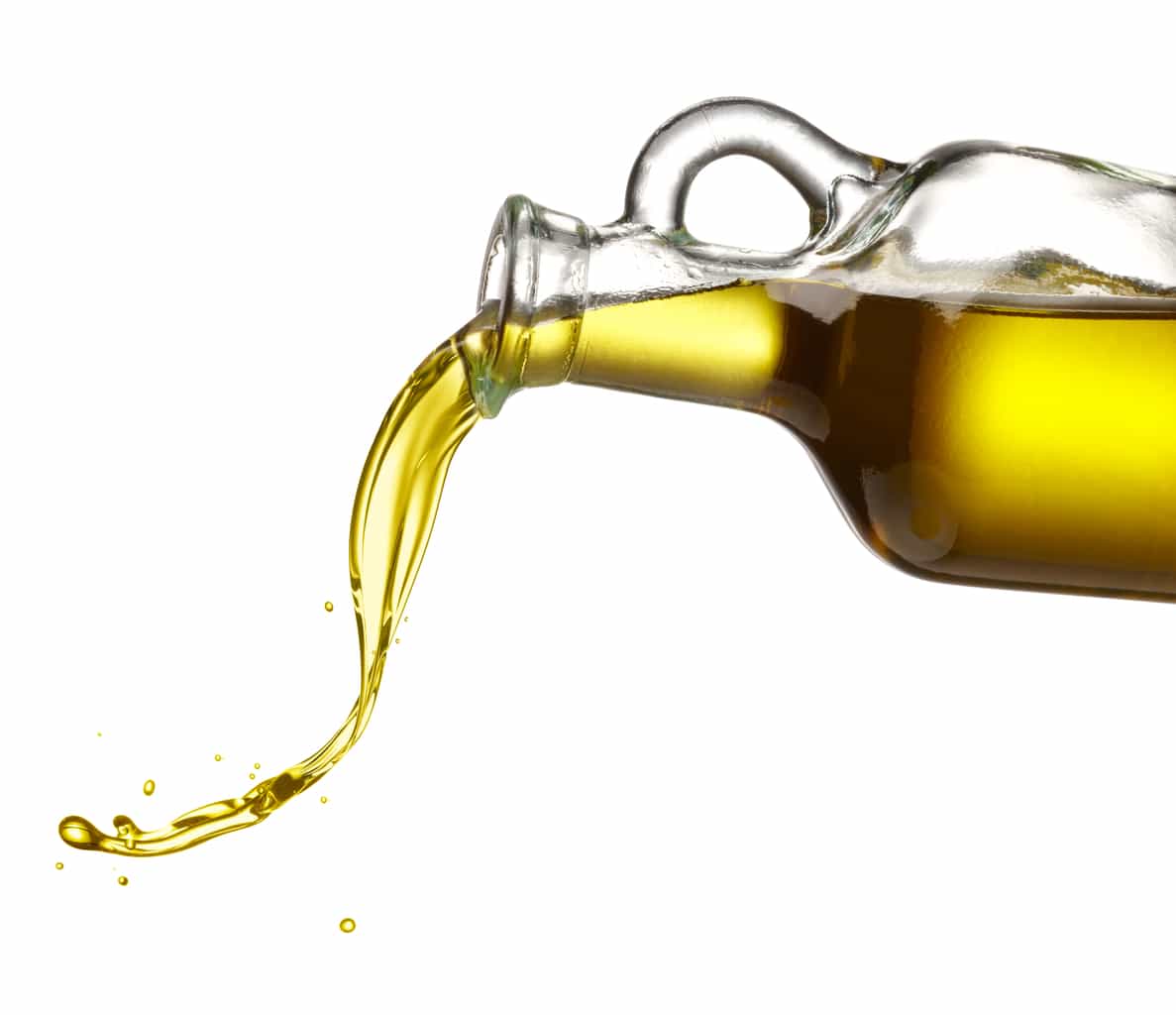
[cmamad id=”9028″ align=”center” tabid=”display-desktop” mobid=”display-desktop” stg=””]
Is there something that really does fix type 2 diabetes?
Can you get rid of diabetes?
You know I think you can.
But today, let’s look at something that does not fix diabetes.
It’s going to shock you.
This one is weird because everyone will swear up and down that it would reduce your diabetes.
It’s exercise.

This is my least favorite type of so-called “study.”
It’s a meta-study, consisting of looking up and analyzing other studies.
[cmamad id=”9029″ align=”center” tabid=”display-desktop” mobid=”display-desktop” stg=””]
But the results here are exactly in line with everything that I have found in my extensive research of diabetes.
Exercise doesn’t reduce diabetes symptoms.
Not only were diabetes symptoms not reduced, but it didn’t reduce body weight either.
The difference in post-intervention body mass between exercise groups and control groups was not significant.
How can this be?
How can it be that advice like “lose weight” doesn’t fix diabetes?
The reality is that most things the doctors tell you have never been tested.
And they’re often wrong.
Now let’s look at something that actually could fix diabetes.
At the very least, it will help.
This is the use of medium chain triglycerides.
The fats found in coconut oil and its more purified form — MCT Oil.
And you can buy it from Amazon.com or the health food store.
Plus, there is real science to back up its benefits at reducing diabetes.

In this study, they gave rats severe obesity and diabetic complications with a horrible diet.
Then they fed one group of rats saturated fat with their diet.
The other group of rats received MCT oil — or medium chain triglycerides found in coconut oil.
They wanted to study what relationship there might be between MCT oil and diabetes, diabetes and fat.
In particular, they wanted to know if coconut oil is good for diabetics.
And the results were interesting.
The rats on medium chain triglycerides had less abdominal fat although they had the same amount of overall fat.
But they also had much lower insulin resistance.
In other words, they would be healthier than diabetic rats at this point compared to the saturated fat rats:
Dietary intake of MCT oil may improve insulin resistance in rats fed a high-fat diet.
And just in case this study isn’t clear enough, here’s an even cleaner and better study.
It shows that the first study was quite correct in its assessment.

This study also kept a control group aside.
It kept some rats that received normal rat chow after being fattened up.
And these rats did not eat high saturated fats or high medium chain triglycerides.
So it’s a better study all around.
Insulin sensitivity was reduced by 30% in the saturated fat group while the MCT oil group did not differ from controls.
Think about what that means.
Insulin resistance was higher in the saturated fat group.
BUT the fat rats that had MCT Oil had a normal response to insulin.
In other words, they were not in any way even remotely diabetic.
Insulin resistance leads to diabetes in many cases.
So making the body more sensitive to insulin can slow down the onset of diabetes.
Or it may prevent it altogether.
MCT oil seems to protect from lipotoxicity and subsequent insulin resistance without caloric restriction.
This finding is important, and it’s one that you can use yourself.
How do you use it for yourself?
Well, first, talk to your doctor about increasing your consumption of coconut oil or MCT Oil.
Replace as many saturated fats in your diet as possible.
Replace them with coconut oil or MCT oil.

http://jamanetwork.com/journals/jama/article-abstract/194184
Dietary intake of medium- and long-chain triacylglycerols ameliorates insulin resistance in rats fed a high-fat diet
http://www.nutritionjrnl.com/article/S0899-9007(11)00151-1/fulltext
Medium-chain fatty acids ameliorate insulin resistance caused by high-fat diets in rats
http://onlinelibrary.wiley.com/doi/10.1002/dmrr.925/full

Leave a Reply